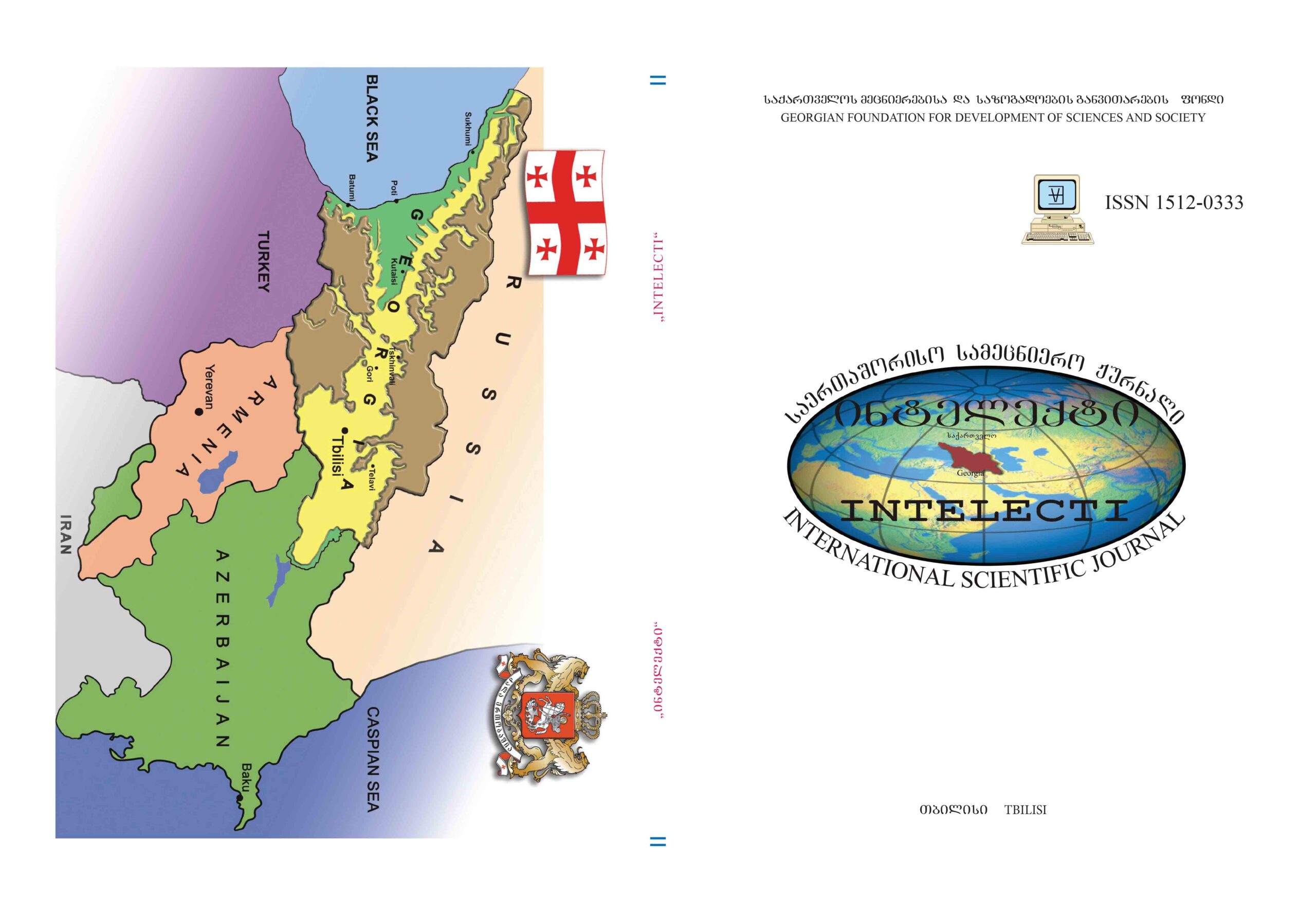For the understanding of two poems by Akaki Tsereteli ("Uriuli Motkhimiti Tirili in Georgia", "At the Grave of Irakli")
Main Article Content
Abstract
Akaki Tsereteli holds an important place in Georgian artistic thought of the second half of the nineteenth century. His
worldview included a number of epochal problems, among which one of the characteristic features of the Jewish tradition
existing in the Georgian national space is worth noting - the weeping scene, where its characteristic features are shown,
reflecting the psychology of the nation during the period of death, its characteristic features, where the Christian elements
defining the existence of the nation are reflected, combined with everyday details that are characteristic only for them and
distinguish them from others. Akaki Tsereteli, as a creator, conveys the everyday details characteristic of the Jewish people
through artistic reinterpretation, but for greater persuasiveness, to give them more spiritual content, he seeks a religious garb
and manages to address this issue through a biblical narrative, bringing to life biblical characters - Moses, Aaron, Elijah, Elisha
and Jeremiah - with lamentations and conveying the main message, which is both within the framework of the contemporary
era and seen beyond it. In two poems, “Uriuli Motkhiti Tirili in Georgia” and “On the Grave of Irakli,” Akaki Tsereteli
examines the scene of weeping in detail, from a broad perspective, which is multifaceted and includes several layers: the
historical memory of the nation, tradition, the Christian essence, the content aspects of tears related to crying, sorrow, regret...
and, most importantly, the problems of life and death, which include the essence of good and evil, the world, the door of the
grave, the transformation that a person who carries the essence of life experiences. The author also mentions Jeremiah's
Lamentations here, uniting under one cry the spiritual pain of two nations, the fate of all sinful humanity in their form, the
problems of life and death, which are spread throughout the world.
